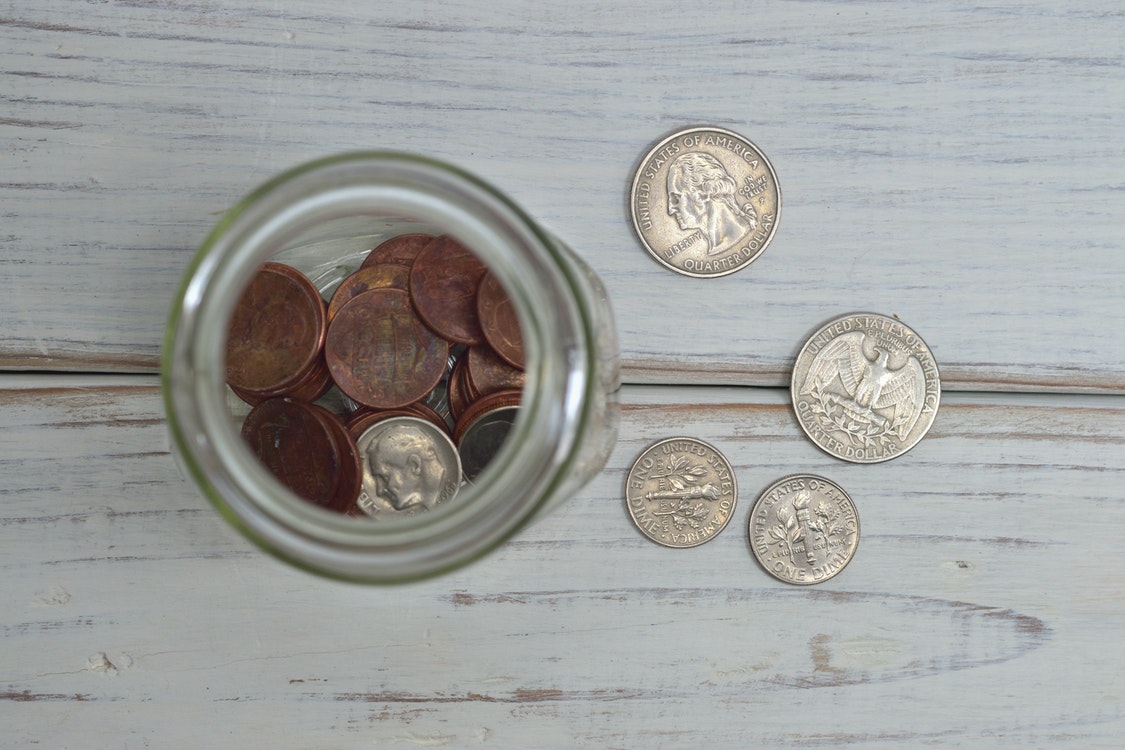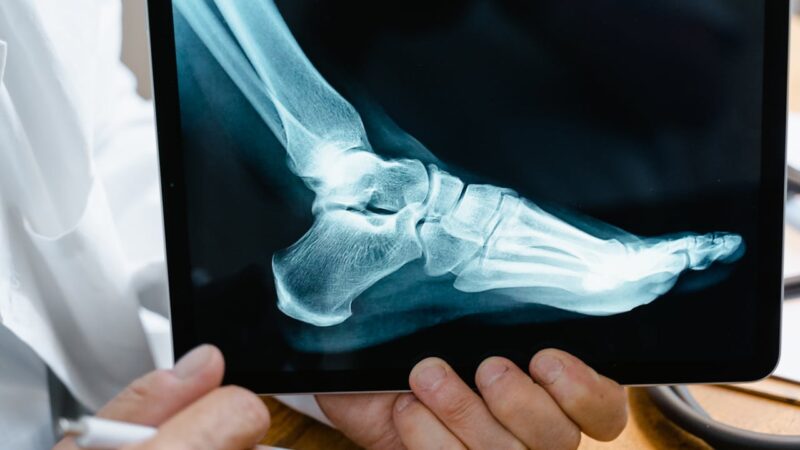How to Improve Your Credit Score by Paying Off Your Debt

Whether you want to know how to improve your credit score or you need help with debt, there are several important tips you can follow. First, make sure to pay off your balance each month. This will help you build a solid credit profile and make it easier to qualify for favorable interest rates on new credit. By following these tips, you can start improving your credit score immediately. Read on to discover the most important ways you can do this.
Paying Off Your Balance Each Month
You may be wondering how to increase your credit score if you carry a balance on your credit card. The answer is simple: pay off your balance every month, according to Guide To Money, an online personal finance site. Using a credit card with a balance means that interest will accumulate on your outstanding balance, which will ultimately negate any rewards you might receive from using the card. The best way to avoid this situation is to make the minimum payment on time every month. Paying more than the minimum amount on time can also help your score. Also, reviewing your statement on a monthly basis can help you understand your expenses and protect you from fraud or error.
Using your credit card responsibly is another key to improving your credit score. Paying off your balance each month will allow you to avoid interest on your credit card balance, which is the most significant factor in determining your credit score. It is also essential to avoid opening new credit card accounts that have a high balance. This practice is particularly harmful if you haven’t paid off your balance in full. Also, avoid using your credit card for cash advances if you don’t have enough money to make the monthly payments.
Another way to increase your credit score is to diversify your credit card balance. Although it may seem like a daunting task, it is important to remember that your payments count towards your credit score. If you miss one payment, your credit history can haunt you for up to seven years. In addition, credit utilization measures the amount of credit that you use. According to experts, you should use less than 30 percent of your credit to prevent late payments.
Paying off your balance each month is also important because interest is calculated based on the average daily balance. Taking the APR of your credit card and dividing it by 365 will give you an idea of how much interest you are paying. Using your credit card for purchases also provides you with added benefits, including extended warranty coverage, purchase protection, lost luggage reimbursement, and travel insurance. By paying off your balance each month, you will enjoy these extra benefits at no additional cost. However, you may be charged an annual fee for such benefits.
Paying Down Debt

It’s hard to find the balance between building a good credit score and paying off debts. The key to building good credit is paying your bills on time and keeping your balances low. Taking on new credit can undo all your hard work, so it’s important to pay down debt before taking on more debt. Paying off your existing debts is a proven way to improve your credit score. But how do you make this work?
Using a debt paydown calculator can help you see which debts to tackle first. There are two main methods: the snowball and the avalanche. One will require you to make smaller payments over time, while the other will require a big lump sum. Both strategies work, but the snowball method is probably the most effective. It’s important to make small payments over a long period of time to make sure you’re paying down your debts.
Another way to improve your credit score is to pay down high-interest balances and close unused accounts. High-interest credit cards should be paid off first since they will have the biggest impact on your credit score. As with other types of debt, different types of debt affect your credit score in different ways. Installment accounts, on the other hand, typically have a fixed loan amount and repayment schedule and are often used to build credit history.
Paying off debt does not immediately affect your credit score, though it will increase your score over time. It will appear on your credit report when the lender reports your activity, which will take one to two billing cycles. Credit scores are calculated using various elements such as FICO and VantageScore, which are based on a variety of factors. Ultimately, your financial health is more important than your credit score. However, you can always try to reduce the impact of negative items over time.
Paying Down Credit Card Debt
When you have a large amount of credit card debt, paying the minimum monthly payment is not enough to make any progress. Every month, you’re accruing interest that only slows your progress. To blast through your debt, make a large payment every month. You can increase your payment little by little, but you should do so in a steady fashion. When you can’t afford to increase your payments, cut other expenses and redirect the extra money toward your debt.
Paying down the balances on your credit cards will not only improve your credit score but will also lower the number of accounts with balances. In addition, it will reduce the number of accounts that have a high utilization rate. To begin paying down your credit card debt, decide which account you want to focus on first. While you pay down one account, make minimum payments on the rest of the cards. When you have freed up funds from this card, you can move on to the next card on your list.
The faster you pay down your credit card balances, the higher your overall score will be. While paying off your cards in full is great for your credit score, it has more impact on those with bad credit. Continuing to make monthly payments will help your score slowly increase. Over time, paying off one card in full will result in a large increase in your score. That’s because it will lower the overall utilization rate of your credit score.
Ideally, you should keep your balances below 10 percent. This is because your credit score will be negatively affected if you have many open accounts. Paying down your debt is the best way to raise your credit score. If you have high balances, consider taking out a personal loan to pay them off. While you’ll incur a temporary ding to your credit score, the loan will only count against your total balances.
While paying off your debt does not affect your credit score immediately, it will have a significant impact on your score after one or two billing cycles. Generally, lenders report activity to credit bureaus every month. Lenders use different algorithms to determine the score of your account. However, paying down your credit card debt is one of the best ways to improve your credit score. So, how do you start? Listed below are some steps you can take to get started.
Paying Off High-Interest Debt
If you’re worried that paying off your debt will lower your credit score, pay off your highest-interest cards first. This will reduce your credit utilization rate, which is calculated as a percentage of available credit compared to the total amount owed. Your credit utilization rate is a key component of your overall score, and the lower it is, the better. Credit utilization rates are calculated by comparing your total credit limit versus your actual balance on each account. This number will vary for every creditor, so the sooner you can pay off your debt, the better.
You should also consider your payment history when paying off your debts. The payment history of paid-off debts is the most significant factor in your credit score, and paying off your debts responsibly will work in your favor. Try to use your credit card as a payment option for your monthly bills. This way, your monthly payments are guaranteed to be made on time. This will also help your credit score.
Paying off high-interest debt not only improves your credit score, but will also free up your time and relieve you of the emotional burden of being in debt. If you’re paying the minimum amount on a credit card each month, you’ll end up owing $2,627 in interest over the course of the loan. A better way to manage your finances is to pay off high-interest debt first and then make smaller payments every month until you’ve completely eliminated your debt.
Having a healthy mix of credit will also help your credit score. Lenders reward people with a good mix of credit. A good mix is the result of a mix of installment and revolving accounts. Installment accounts have fixed monthly payments, whereas revolving accounts have variable payments with no end date. However, if you have a final payment on a car loan, you could negatively impact your credit mix and decrease your score.
Keeping your credit mix diverse is crucial to improving your score. The more types of credit you have, the better. Increasing your credit mix will boost your VantageScore, a credit rating algorithm, over time. You may also want to avoid settling on a single high-interest loan. Leaving yourself with a collection of credit cards may lower your credit score and damage your credit rating.






